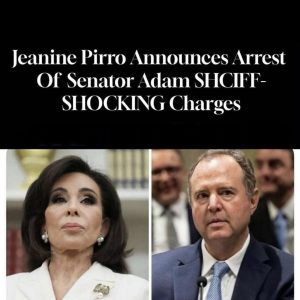Tensions flared as Homeland Security Secretary Kristi Noem issued a stark warning to Portland’s local leadership: unless they better support federal security operations around the city’s ICE facility, the federal government could greatly expand its presence. Noem said her visit to Portland had been “unproductive,” accusing Mayor Keith Wilson of prioritizing politics over public safety and threatening to quadruple federal law enforcement deployment if cooperation doesn’t improve.
Portland officials and civil rights advocates pushed back forcefully. The mayor’s office called Noem’s remarks “inflammatory,” insisting that federal escalation often makes problems worse, not better. They defended the city’s emphasis on community‑oriented policing and stressed that responding to protests with more agents may inflame tensions.
Noem, however, defended her approach by framing the protests around the ICE facility as a “national security issue.” She accused local leaders of failing to shield federal operations and suggested that “professional agitators” were exploiting gaps in local oversight. Her demand included enlarging buffer zones around federal property and stepping up local protection.
Also relevant is the broader background of protest activity. Portland has hosted ongoing demonstrations at its ICE facility since mid‑2025. Noem’s visit came amid a court challenge over federal deployments and state pushback against using National Guard or militarized force. Oregon Governor Tina Kotek has consistently declared that there is no insurrection in the state and has urged federal agents to comply with Oregon law in their operations.
Looking ahead, Portland is likely to remain a battleground for debates over federalism, policing, and protest rights. With both sides so entrenched, meaningful compromise seems distant. Whether federal escalation restores order—or deepens conflict—will depend heavily on how local officials, courts, and communities respond going forward.




